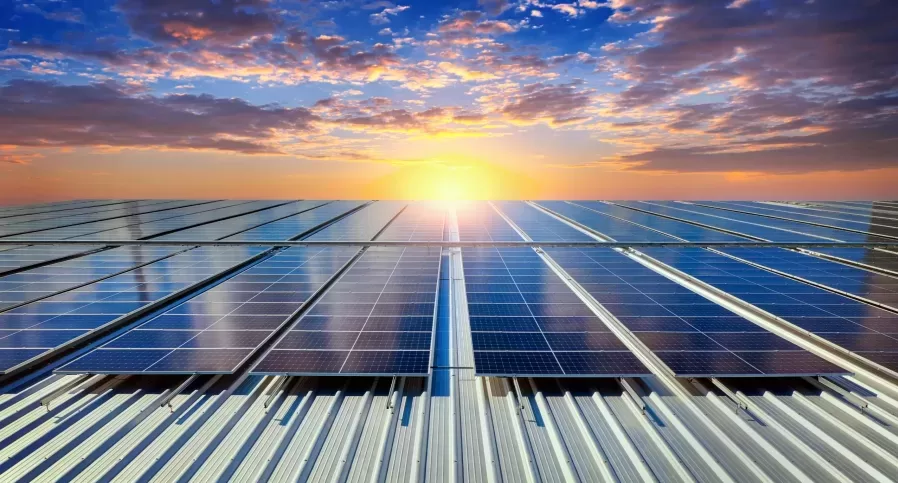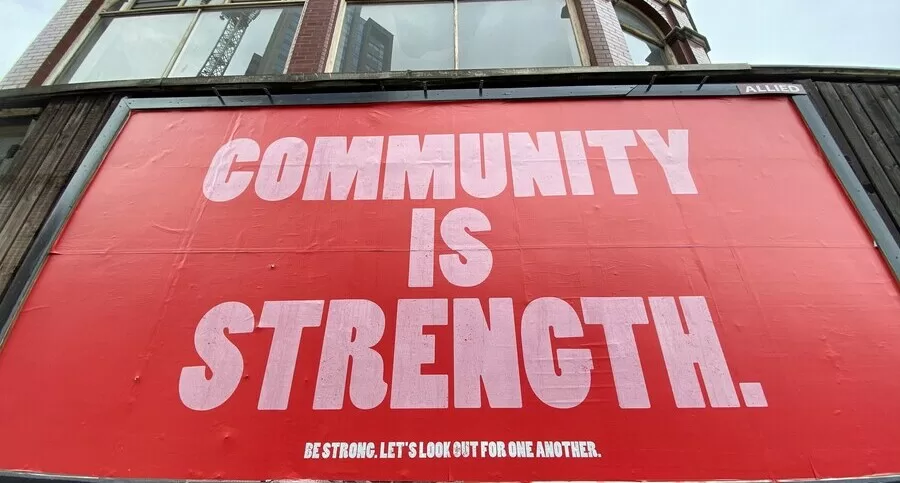Beauty at a Cost: The Urban Divide in Brazilian Butt Lift Safety
Introduction The Brazilian Butt Lift (BBL) is a specialised fat transfer procedure that enhances the size and reshapes the buttocks without the use of implants. While individuals from all ethnic and racial backgrounds undergo cosmetic surgery, this procedure is especially popular among Black women (Grubbs & Stannard, 2024). Surgeons harvest fat from areas such as […]
Beauty at a Cost: The Urban Divide in Brazilian Butt Lift Safety Read Post »
Health, Science





























